我天,莎士比亚好毒舌!这些名人连墓志铭都是一出戏!
阅读量:
这不是挂电话前的结束语,而是有人为自己设计的墓志铭。
一直以来,很多人都忌讳谈到死亡,但这样一条墓志铭,反而有那么一些豁达自在的意思。

诗人、作家、哲学家、科学家……他们领域不同,但却都有着有趣的灵魂,都留下了充满故事的墓志铭,为人生画上了完整的句号。

Good friend, for Jesus's sake forbear
To dig the dust enclosed here
Blessed be the man that spares these stones
Cursed be he that moves my bones
1616年4月23日,莎士比亚52岁生日这天,与世长辞。生前,他为自己撰写了墓志铭。

1912年,弘一法师李叔同将其翻译成中文:
君亦顾谩,天之明命,毋伤吾骨。
有保我之墓者,吾必佑之。
有移我之骨者,吾必殛之。
后来,弘一法师又推出了白话版本:
好朋友,看在上帝的脸上,
请勿来掘这里的骸骨。
祝福保护这些墓石的人们,
诅咒搬移我骨的人!
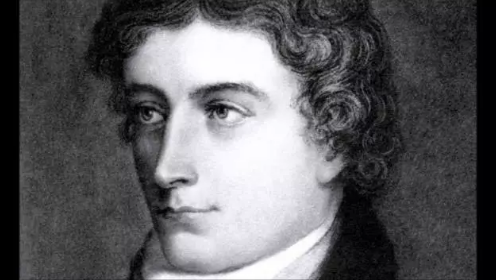
Here lies one whose name was writ in water
此地长眠者,声名水上书
(周珏良译)
“In water writ” 和 “in marble” 相对,前者表示 “用水书写”,引申为很快被忘记,后者表示 “用大理石雕刻”,引申为长留人间。
所以济慈的墓志铭有人翻译为:斯人眠于此,其名如浮云。
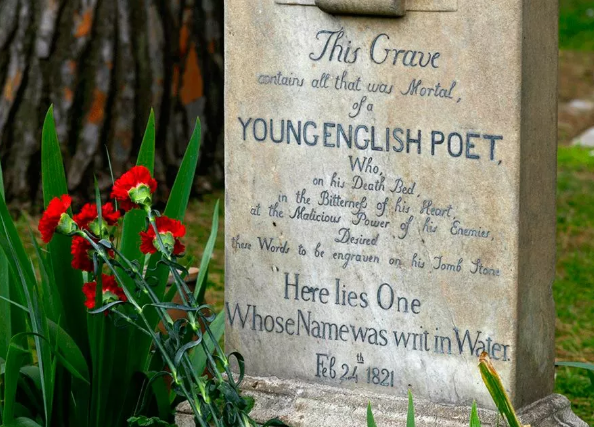
另外,推荐大家去看济慈的传记电影《明亮的星》(Bright Star),讲述了这位天才诗人和邻居芬妮之间刻骨铭心的爱情故事,也记录了他短暂的一生。

友情提醒要备好纸巾

O rare
哦,难得一见的
英国剧作家本·琼生,真·短小精悍。
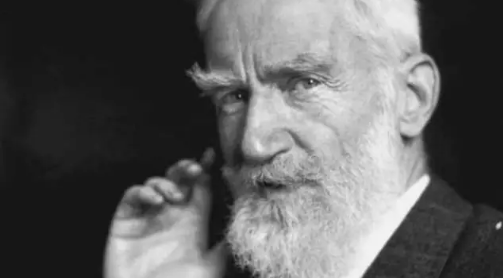
I knew if I stayed around long enough,
something like this would happen.
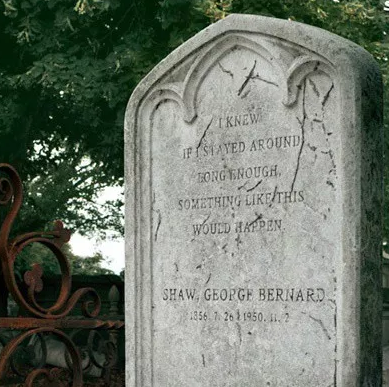
爱尔兰剧作家萧伯纳活了94岁,一直很有幽默感。
萧伯纳有很多语录,比方说:
Your future depends on your dreams. So go to sleep.
未来取决于梦。所以睡觉去吧。
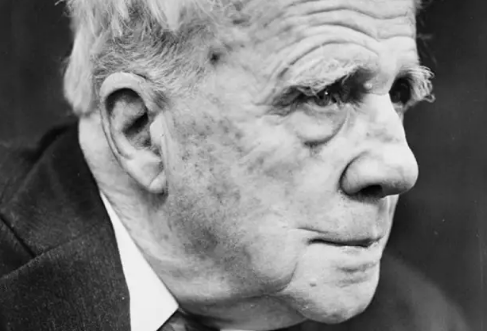
I had a lover's quarrel with the world.
如爱侣般吵了一架。
弗罗斯特以一首《未选择的路》(The Road Not Taken) 名扬四海,短短的几行诗句,承载了多少人的成长与叹息。
The Road Not Taken
未选择的路
Two roads diverged in a yellow wood,
黄色的树林里分出两条路,
And sorry I could not travel both
可惜我不能同时去涉足,
And be one traveler, long I stood
我在那路口久久伫立,
And looked down one as far as I could
我向着一条路极目望去,
To where it bent in the undergrowth;
直到它消失在丛林深处。
Then took the other, as just as fair,
但我却选了另外一条路,
And having perhaps the better claim,
它荒草萋萋,十分幽寂,
Because it was grassy and wanted wear;
显得更诱人、更美丽,
Though as for that the passing there
虽然在这两条小路上,
Had worn them really about the same,
都很少留下旅人的足迹,
And both that morning equally lay
虽然那天清晨落叶满地,
In leaves no step had trodden black.
两条路都未经脚印污染。
Oh, I kept the first for another day!
呵,留下一条路等改日再见!
Yet knowing how way leads on to way,
但我知道路径延绵无尽头,
I doubted if I should ever come back.
恐怕我难以再回返。
I shall be telling this with a sigh
也许多少年后在某个地方,
Somewhere ages and ages hence:
我将轻声叹息把往事回顾,
Two roads diverged in a wood, and I-
一片树林里分出两条路,
I took the one less traveled by,
而我选了人迹更少的一条,
And that has made all the difference.
从此决定了我一生的道路。
他的墓志铭,颇有几分调侃意味。
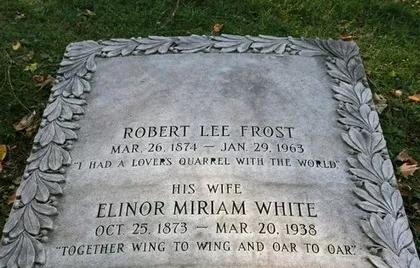
而他为妻子写得墓志铭,则颇为动人。
Together wing to wing
and oar to oar
在天比翼,
在地同舟。
不禁想起元代书法家赵孟頫妻子管道昇的那句:
我与你生同一个衾[qīn],
死同一个椁[guǒ]。
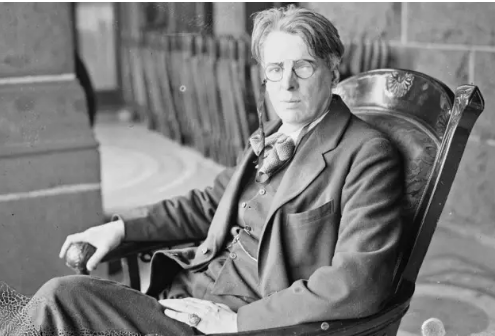
Cast a cold eye
On life, on death.
Horseman, pass by!
冷然一瞥
骑者,驰过
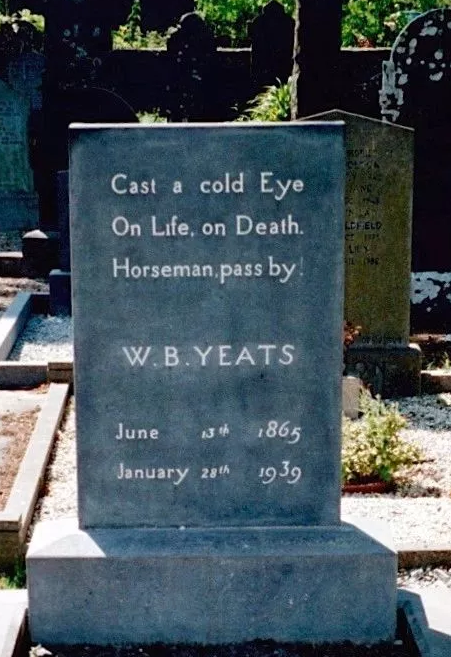
短短三行,诗人睥睨天下、笑对死亡的霸气,跃然纸上 。
当面对爱情时,他却充满柔情。一首《当你老了》(When You Are Old)寄托着多少深情与爱慕。
When You Are Old
《当你老了》
When you are old and grey and full of sleep,
当你老了,头发花白,睡意沉沉,
And nodding by the fire, take down this book,
倦坐在炉边,取下这本书来,
And slowly read, and dream of the soft look
慢慢读着,追梦当年的眼神
Your eyes had once, and of their shadows deep;
你那柔美的神采与深幽的晕影。
How many loved your moments of glad grace,
多少人爱过你昙花一现的身影,
And loved your beauty with love false or true,
爱过你的美貌,以虚伪或真情,
But one man loved the pilgrim Soul in you
惟独一人曾爱你那朝圣者的心,
And loved the sorrows of your changing face;
爱你哀戚的脸上岁月的留痕。
And bending down beside the glowing bars,
在炉罩边低眉弯腰,
Murmur, a little sadly, how Love fled
忧戚沉思,喃喃而语,
And paced upon the mountains overhead
爱情是怎样逝去,又怎样步上群山,
And hid his face amid a crowd of stars.
怎样在繁星之间藏住了脸。

Called back.
受唤而归。
美国女诗人狄金森过世前一天,给表妹们写了个便条:
Little sisters, Called back.
妹妹们,我被召唤回去了。
这句话后来就成为她的墓志铭。
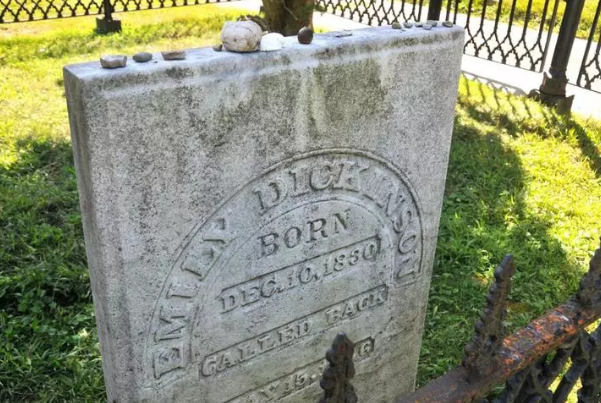
狄金森一生写诗约2000 首,其中不少关于死亡。
下面这句,就是个很好的墓志铭:
Because I could not stop for Death
He kindly stopped for me
因为我不能停候死亡
死亡善意地停候我
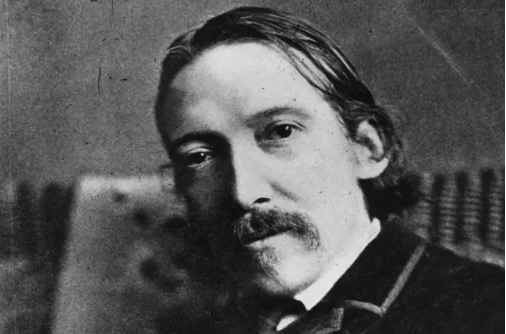
Under the wide and starry sky ,
Dig the grave and let me lie.
Glad did I live and gladly I lie,
And I laid me down with a will;
this be the verse you grave for me:
Here he lies where he longed to be;
Here is the sailor, home from the sea ,
And the Hunter home from the hill.
星空点点
我在此处长眠
生何欢,死何甜
奔赴九泉,心有一念
在我碑上,请铭刻此诗篇
他安息在久已向往之地
如水手,告别海洋
如猎人,回归故乡
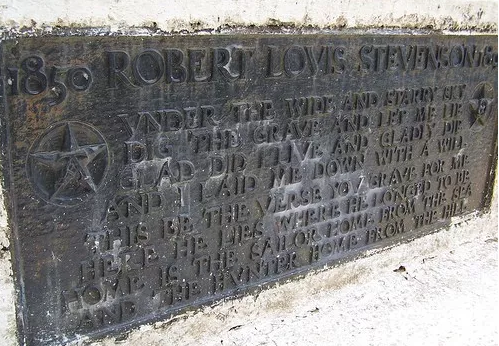
英国小说家史蒂文森的小说,一度被归为儿童文学与恐怖小说,为弗吉尼亚·伍尔夫(Virginia Woolf)等正统文学界所不待见。
不过现在,史蒂文森的价值已被重新发掘。比方说,他的作品被认为见证了南太平洋的殖民史。
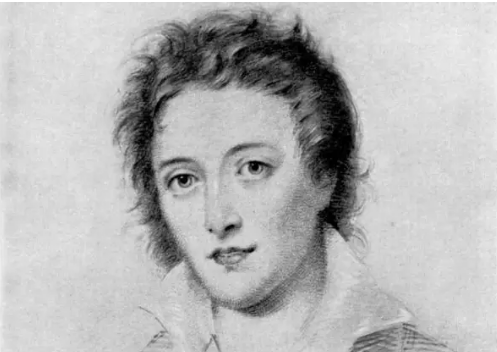
Nothing of him that does fade
But does suffer a sea-change
Into something rich and strange
受到海水的变幻
化成瑰宝,富丽而奇怪
1822 年,英国诗人雪莱的船,在海上遇到风暴,年仅 30 岁的雪莱不幸辞世。被捞上来后,雪莱的脸、手等部位已经被鱼吃掉,口袋里却还放着古希腊悲剧作家索福克勒斯的作品和济慈的诗集。
雪莱的墓志铭上有两个拉丁文: Cor Cordium (英文:Heart of hearts,中文:众心之心),下面是雪莱生前最喜爱的莎士比亚的诗句,也正好呼应雪莱溺水而亡的悲剧。
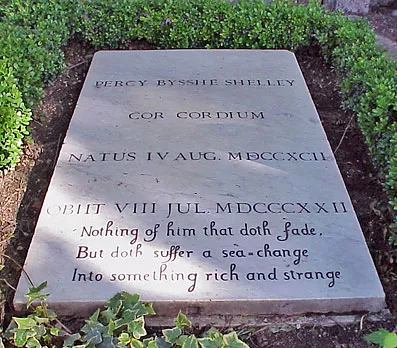
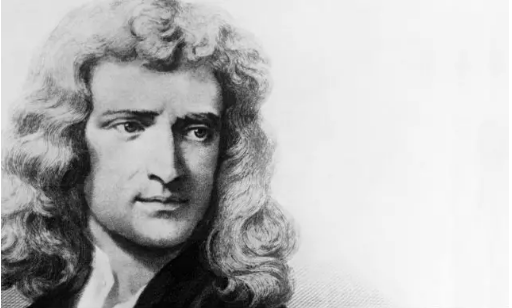
Nature and Nature's laws lay hid in the night
God said: Let Newton be, all was light
上帝说:要有牛顿,于是有了光明
英国诗人亚历山大·蒲柏(Alexander Pope,1688-1744)因为小时候生病,脊椎有问题,身高只有137公分,但他是个伟大的诗人。
蒲柏为牛顿撰写的墓志铭,深刻隽永,然而,牛顿的墓碑上并没有刻这两句。
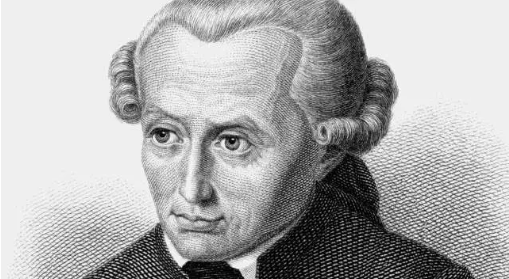
Two things fill me with constantly increasing admiration and awe
The longer and more earnestly I reflected on them
The starry heavens without and the moral law within
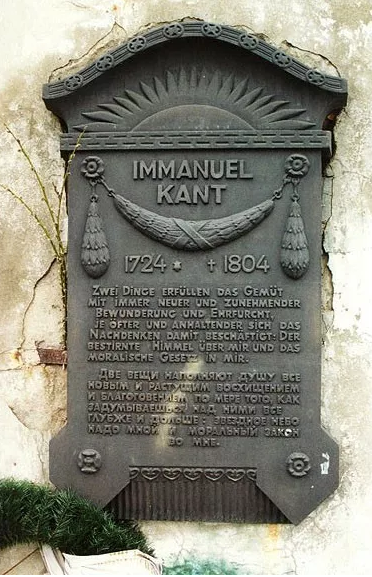
德国哲学家康德的墓志铭,上半部分为德文,下半部分为俄语,余光中给出了翻译:
有二事焉,常在此心,
敬而畏之,与日俱新:
上则为星辰,内则为德法。
美学家李泽厚,也翻译了部分:
位我上者,灿烂星空;
道德律令,在我心中。

He lived, he loved, he wrote
活过,爱过,写过
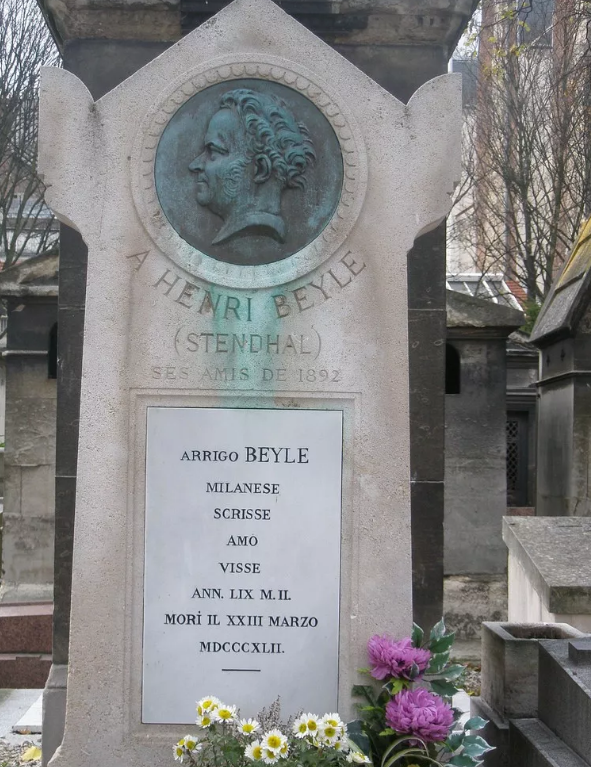
法国小说家司汤达的墓志铭,从法语翻译成英文和中文后,简短之中,又有千言万语。

马丁·路德·金并没有亲眼见到自己在林肯纪念堂台阶上演讲中的梦想成为现实。
在他的理想实现之后,后人给了他这样的墓志铭:
Free at last. Free at last.
终于自由了。终于自由了。
Thank God Almighty I'm Free at Last.
感谢上帝,我终于自由了。

